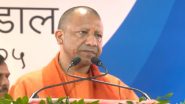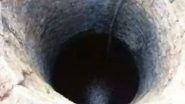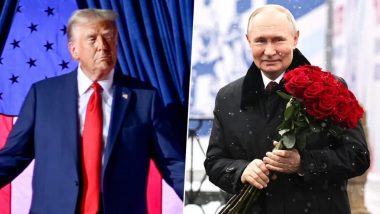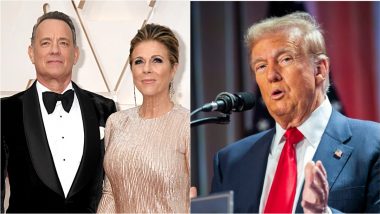Buenos Aires, May 7 (AFP) Argentina's President Mauricio Macri, under pressure over a misfiring economy, has called rival party leaders together to thrash out a series of policy measures to stabilise the crisis six months ahead of presidential elections.
Macri sent an invitation to the country's main political and social leaders to join negotiations on agreeing a 10-point plan to get the economy under control.
"Clearly, we have had problems agreeing on basic issues of our economic development," Macri wrote in his letter to leaders, including his leftist arch-rival Cristina Kirchner.
"Therefore, every time an election campaign approaches, there are many doubts about our future."
Macri's invitation has so far been received cooly by some leaders, including Peronist leader Sergio Massa and former economy minister Roberto Lavagna.
Employers, unions and church leaders have also been invited to participate in the discussions.
The embattled center-right president is seeking agreement on a 10-point list that includes maintaining fiscal stability, boosting exports, reducing taxes and fulfilling the nation's debt obligations, which sparked Macri's unpopular austerity policies in the first place.
Daniel Kerner, Latin American specialist with Eurasia, said in a note that the move is partly aimed at easing investor concerns, though "the main driver behind Macri's move is to weaken opposition candidates," especially Kirchner "who will not join the discussions."
Kirchner, who despite facing a raft of corruption trials is well-poised to take advantage of Macri's unpopularity, has yet to officially declare she will run in October's elections.
She remains Argentina's most popular politician, having overtaken the free-falling Macri in the opinion polls.
Later this week, she is due to formally launch her book "Sincerely" -- which many observers see as an election manifesto, given the timing of its release.
In an effort to reduce the state deficit, the government last year launched an austerity plan that has cut services to low-income Argentines.
The measures came in exchange for a USD 56 billion loan from the International Monetary Fund to help the South American country battle a currency crisis and inflation that has hit 55 per cent. (AFP)
(This is an unedited and auto-generated story from Syndicated News feed, LatestLY Staff may not have modified or edited the content body)













 Quickly
Quickly




















